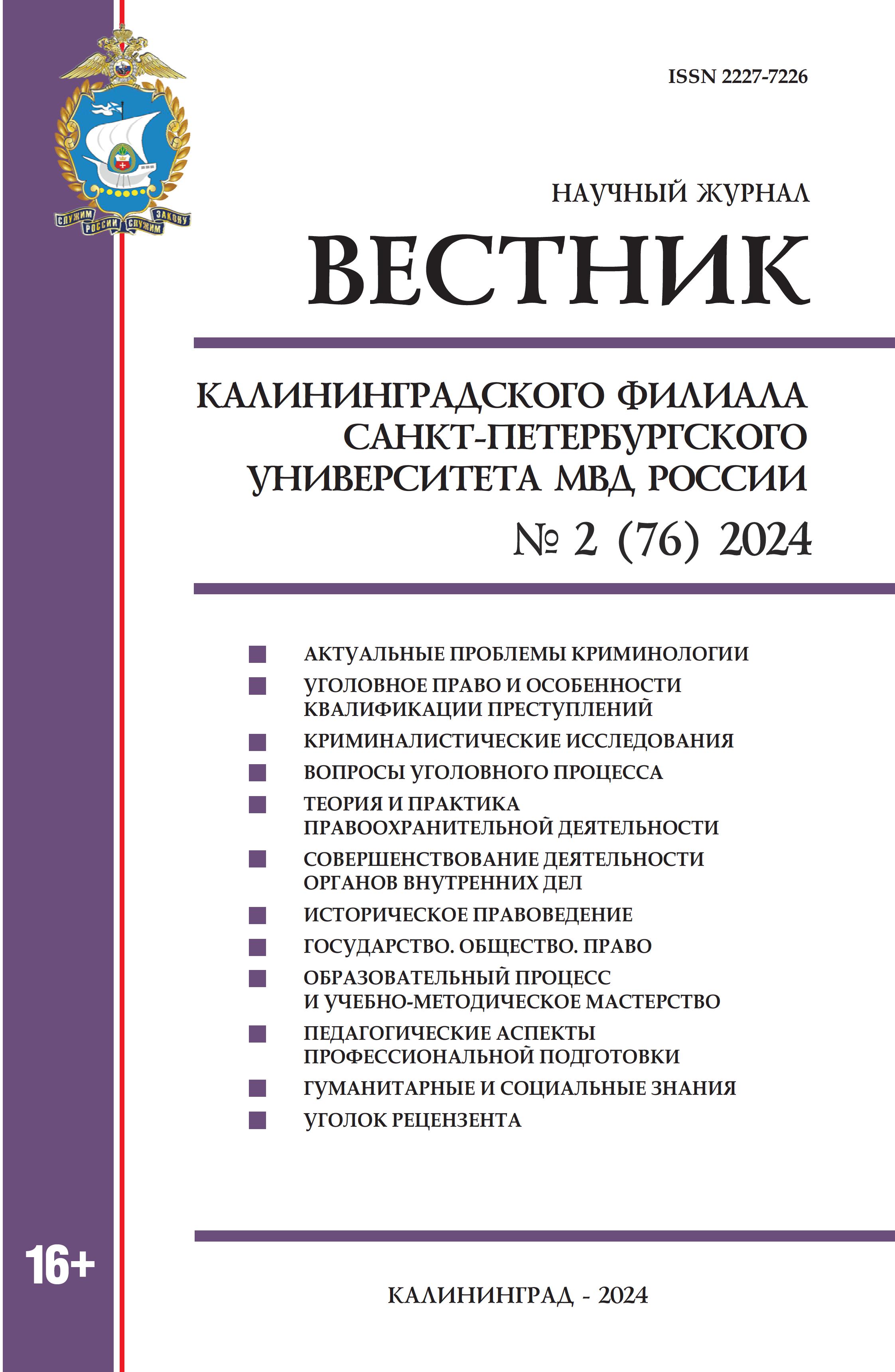Russian Federation
Introduction. The article is aimed at showing the actual existence of dialectics as a universal objective law, the action of which permeates both being and human thinking. The core of dialectics is the law of unity and struggle of opposites. The article criticizes the position of the famous logician A.A. Ivin, who idealizes formal logic with its prohibition of contradiction and on this basis denies materialist dialectics, dialectical contradiction, which is the source of movement, development, vitality. There should be no contradiction in concepts – this is the formal-logical approach. This, in particular, was the starting point of the ancient Greek philosopher Zeno, who in his four aporias tried to refute motion, that is, contradiction, reducing motion to the sum of states of rest. In fact, our modern philosopher A.A. Ivin stands in the same position. He considers dialectics at best as a fragment or section of formal logic. This is countered by the position of the dialectician Hegel, who saw the manifestation of dialectical contradiction and movement in formal logic (in the laws of identity, contradiction, and excluded middle). In the article, the formal-logical prohibition of contradiction and dialectical contradiction are considered as two contradictory parts of a single whole (identity of opposites). Methods. During the study, general scientific methods were used: dialectics, systematization and generalization of scientific information, historical method and others. Results. It is shown that formal logic denies objective truth and, on the contrary, dialectics is inextricably linked with objective truth, to achieve which in criminal proceedings it is necessary to take into account the rules of dialectical logic about the comprehensiveness of the study of the subject in its specificity, practice is the criterion of truth, objective truth is a process of gradual comprehension and etc. It is emphasized that it is impossible to reach the true goal in an inappropriate way, using, for example, in criminal proceedings an accusatory bias, bias, although this is encouraged by the «competition for the sake of competition» approach characteristic of the adversarial Code of Criminal Procedure of the Russian Federation - victory for the strongest. It is noted that human dialectical thinking is higher than the programmed «digital thinking of a robot».
Formal logic, dialectics, dialectical contradiction, prohibition of contradiction, tautology, law of identity, objective truth.







